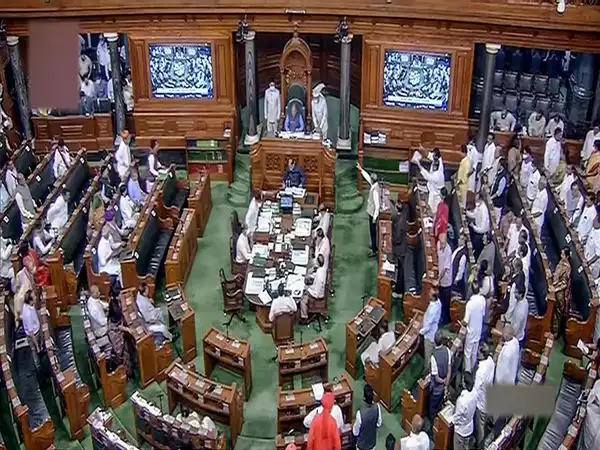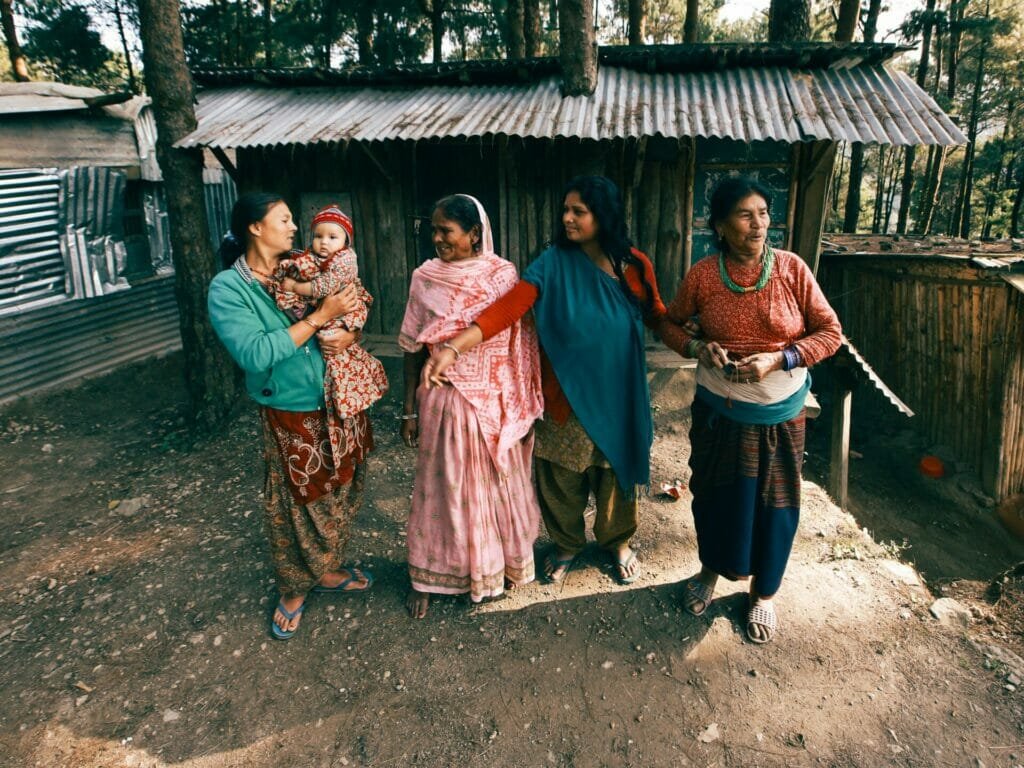Sex education plays a crucial role in empowering individuals and promoting healthy attitudes towards sexuality. However, India faces a significant dearth of sex education, leaving many young adults uninformed and vulnerable. In this blog, we delve into the reasons behind this concerning trend and highlight the urgent need for comprehensive sex education.
Cultural Taboos and Societal Norms
India’s conservative cultural and societal norms surround sex education with taboos. Fear of moral judgment, shame, and cultural stigmas create barriers to discussing sex education openly. Overcoming these taboos is essential to foster a more inclusive and informed approach to sex education.


Lack of Government Policies and Initiatives for Sex Education
The absence of standardized and comprehensive sex education curricula in schools is a major contributing factor. Insufficient government policies and initiatives fail to prioritize the integration of sex education into the education system, leaving students without proper guidance and knowledge. Advocating for robust policies and emphasizing the importance of sex education can bridge this gap.
Parental Hesitation and Misconceptions about Sex Education
Research indicates that many parents are hesitant to provide sex education to their children. A survey by the Times of India shows that 88% of male and 58% of female college students did not receive any form of sex education or related talk from their parents. Parental reluctance may stem from misconceptions, lack of knowledge, or discomfort in discussing sensitive topics. Encouraging parental involvement and dispelling misconceptions can help shift the responsibility towards comprehensive sex education.


Lack of Teacher Training and Resources
Inadequate training and resources for teachers contribute to the deficiency of sex education in schools. Many educators lack the confidence and knowledge required to address the subject effectively, resulting in an incomplete or superficial approach to sex education. Investing in teacher training programs and providing comprehensive resources can empower educators to deliver accurate and age-appropriate sex education.
Influence of Media and Online Content
The rise of digital media and easy access to online content has made it a primary source of information about sex for young individuals. However, the reliability and accuracy of such sources can be questionable, leading to the spread of misinformation and misconceptions. Promoting digital literacy, and critical thinking skills, and guiding young individuals towards reliable online resources can help them navigate the vast sea of information and access accurate sex education.

Conclusion
The lack of sex education in India is primarily influenced by cultural taboos, limited government initiatives, parental reluctance, inadequate teacher training, and the influence of online content. Recognizing the importance of comprehensive sex education is crucial for breaking down barriers, providing accurate information, and promoting healthy attitudes towards sexuality. By addressing these reasons, we can work towards empowering future generations with the knowledge and resources they need to make informed decisions and lead sexually healthy lives. Read about Gender Inequality: The New Age Gender Burden on Men in this article!









